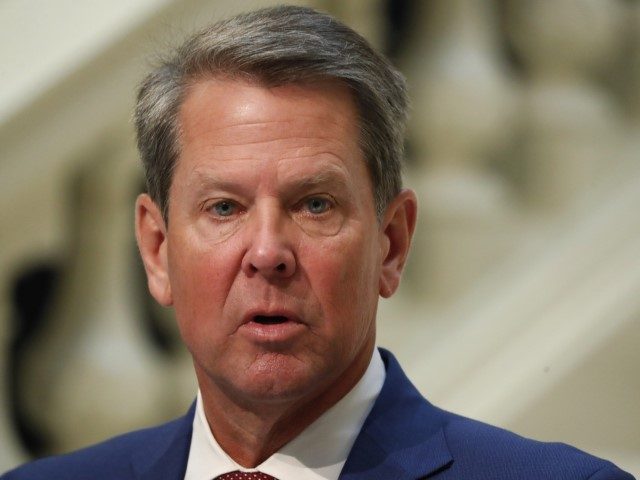Shortly after a jury found Travis McMichael, Gregory McMichael, and William Bryan guilty for the murder of 25-year-old Ahmaud Arbery, Georgia Gov. Brian Kemp released a statement declaring that vigilante justice has no place in the state.
“Ahmaud Arbery was the victim of a vigilantism that has no place in Georgia,” Kemp said. “As legal efforts continue to hold accountable all who may be responsible, we hope the Arbery family, the Brunswick community, our state, and those around the nation who have been following his case can now move forward down a path of healing and reconciliation.”
On February 23 of 2020, Ahmaud Arbery was seen running through a neighborhood in Satilla Shores, Georgia, where residents reportedly saw him enter a house that was under construction. Surveillance cam footage showed during the trial revealed Arbery entering the house and observing the area for a few minutes before leaving with nothing in his possession. During that time, a 911 call was made alerting the police to Arbery’s presence.
According to Gregory McMichael, he spotted Arbery running down the street and thought he resembled a man believed to have committed a previous burglary. Suspecting that Arbery may be armed and dangerous, Gregory and his son Travis then grabbed their shotguns, hopped into a pickup truck, and formed a roadblock to enact a “citizens arrest” until the police arrived. After chasing the 25-year-old for several minutes, attempting to block him in, Travis McMichael exited the vehicle to confront Arbery, who then wrestled Travis over his gun.
Arbery was shot and killed. He was unarmed.
Citizens arrests in Georgia require arresting individuals to have directly witnessed a crime being committed or knowledge of a crime in progress. One year after the killing, Kemp along with a bipartisan group of lawmakers repealed the Civil War-era law, saying it was “ripe for abuse.”
“This bill makes Georgia the first state in the country to repeal its citizen’s arrest statute,” he said at the time.
“Today we are replacing a Civil War-era law, ripe for abuse, with language that balances the sacred right to self-defense of a person and property with our shared responsibility to root out injustice and set our state on a better path forward,” he added.

COMMENTS
Please let us know if you're having issues with commenting.